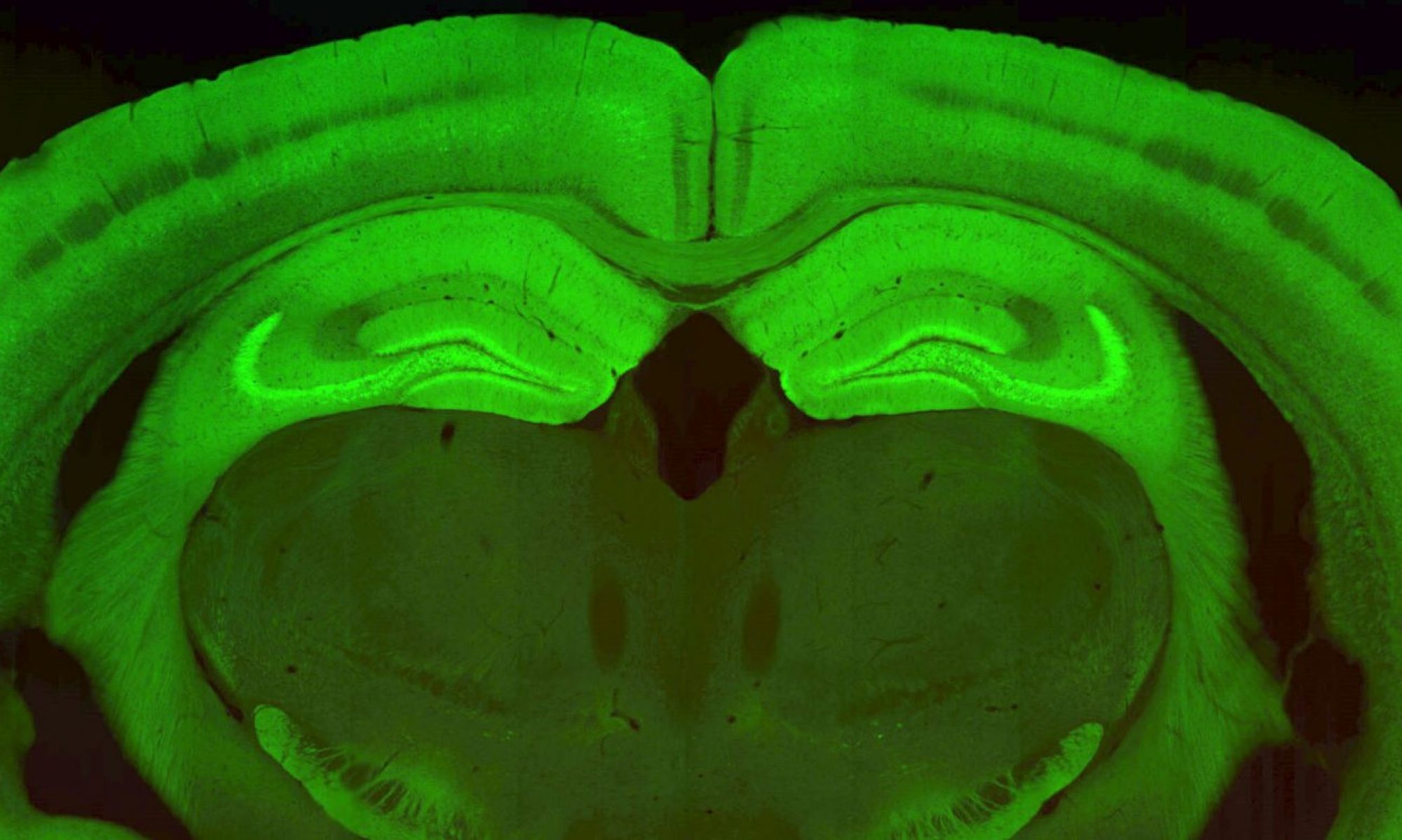elham.g@uci.edu
BIO SKETCH
Before studying the brain, I studied medicine and worked as a physician in an addiction treatment clinic for a few years. There, I experienced how sometimes our behaviors, like drug abuse, are strongly against our wills and decided that neuroscience is the most fascinating filed to study. So I entered the PhD program in cognitive neuroscience, during which I studied the effect of dopaminergic neurons which convey reward and motivation signals, on hippocampal synaptic plasticity and memory formation. Now I am studying neural mechanisms of spatial navigation and memory formation based on the memory trace reactivation theory. According to this theory, the hippocampus encodes memories during wakefulness and then during subsequent periods of calmness or sleep memory traces are consolidated through “replays” in both hippocampus and cortex.

RESEARCH INTERESTS
My research project involves investigating the role of hippocampus in formation of cortical replays in freely behaving rodents by using imaging techniques. For this purpose, we use animals with genetically encoded florescent calcium indicators in their hippocampal/cortical neurons, and a miniature microscope which is mounted on their head. By using this method, we are able to track neurons for weeks or months to study “neural assemblies” underlying memory formation. The fundamental concept of neural assemblies was proposed for the first time by Donald Hebb in 1949. Although neuroscientists have been able to study the function of hippocampus and cortex in memory formation and spatial navigation by studying single neurons for decades, studying neural assemblies was not possible until the cellular imaging methods in the living brain emerged. We aim to provide a better understanding of this concept in spatial navigation/memories.
Outside the lab, I am interested in nature tourism, travelling, biking, reading, learning languages, etc.

